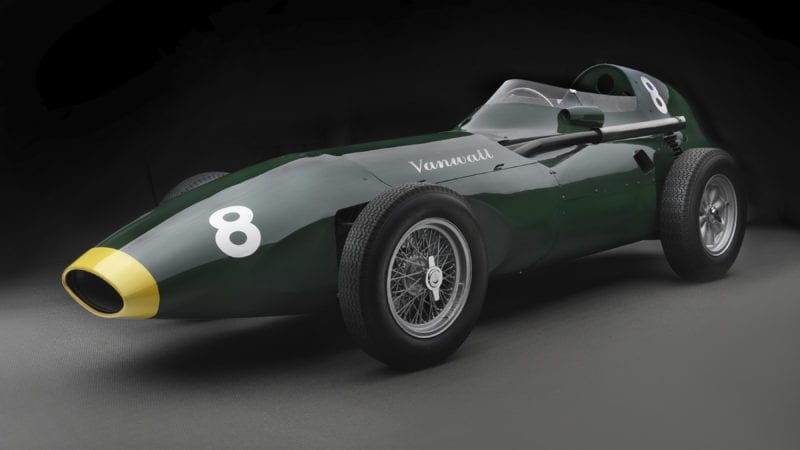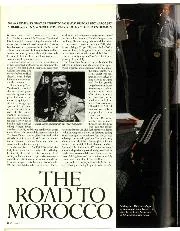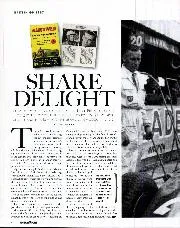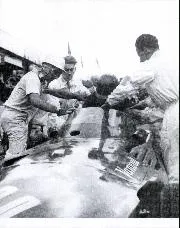Which is why Vanwall is not a household name today like those other British racing teams that also came to F1 in the 1950s like Lotus and Cooper, but which stayed long enough to leave a permanent mark on the sport that made their names.
But those in the know, know. Which is also why the man who owns the rights to the Vanwall name has today announced six continuation cars, all to ultimate 1958 specification as raced by Moss, Brooks and Lewis-Evans. The six cars represent each of the six victories achieved that year and five will be sold for £1.65 milion each, exclusive of VAT. The sixth will be kept by the Vanwall Group headed by Iain Sanderson.
Any doubts as to the legitimacy or authenticity of the cars are dispelled by the fact they will be created from the original drawings by Hall & Hall at their Lincolnshire base. If they are not indistinguishable toolroom copies, I’ll eat this laptop. And because the FIA’s appendix K classification requires cars only to be in original specification and not actual period pieces themselves, there’s no reason they cannot be issued with the relevant paperwork and allowed to race wherever they are welcome, which I’d imagine will be pretty much everywhere.




